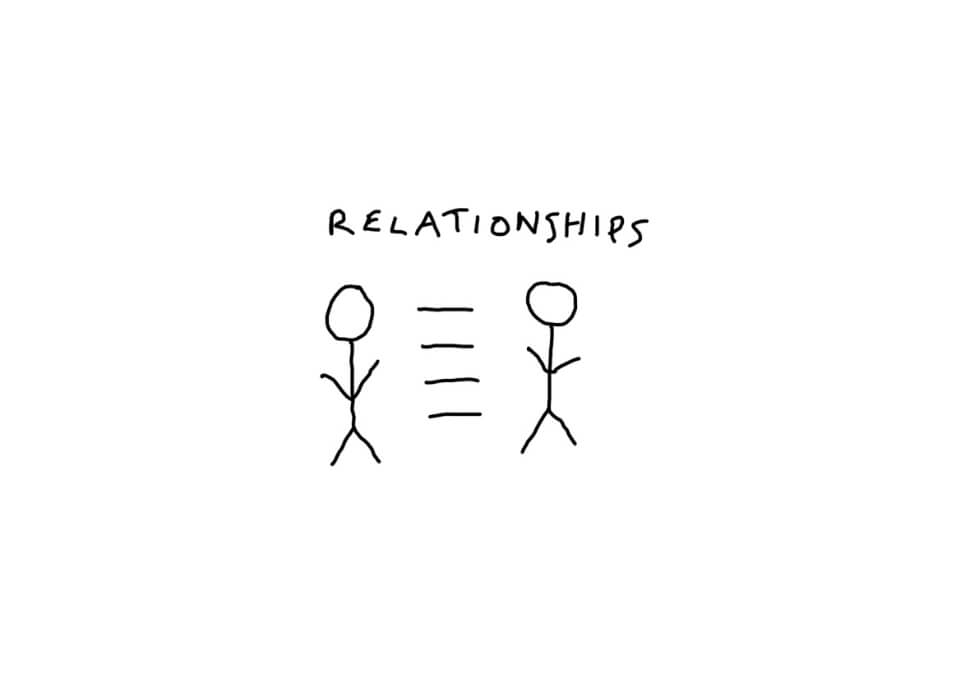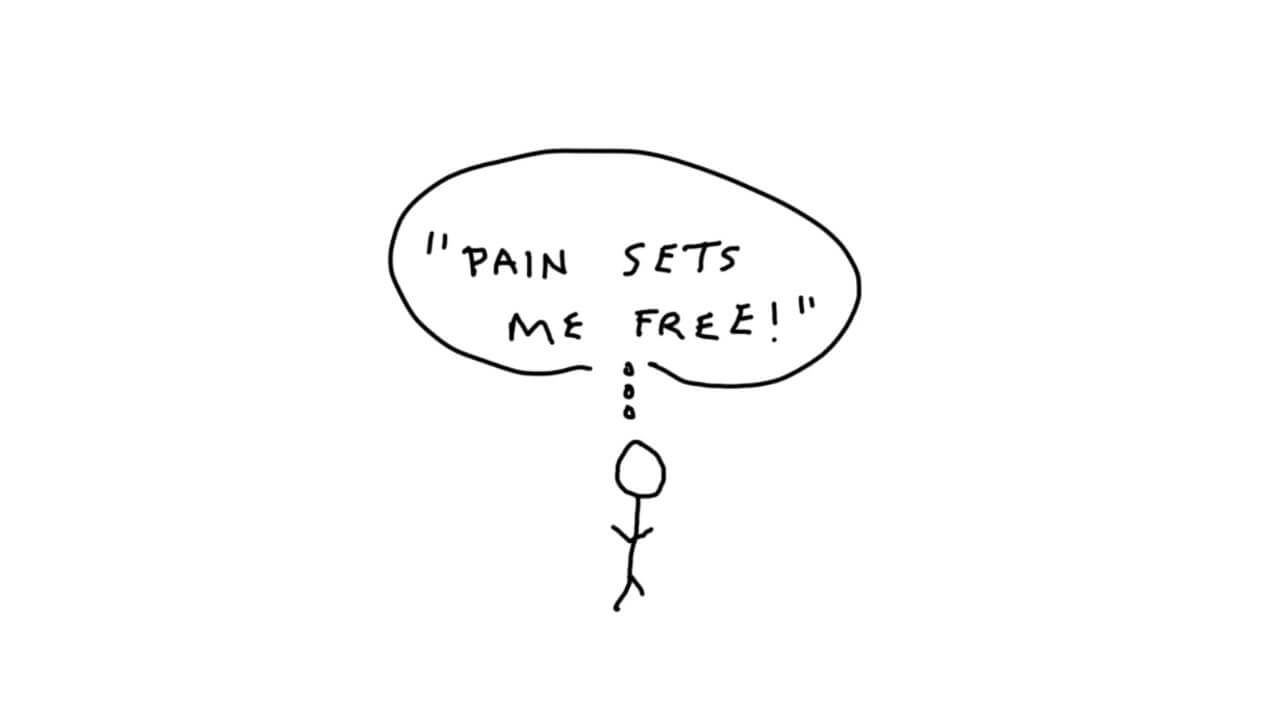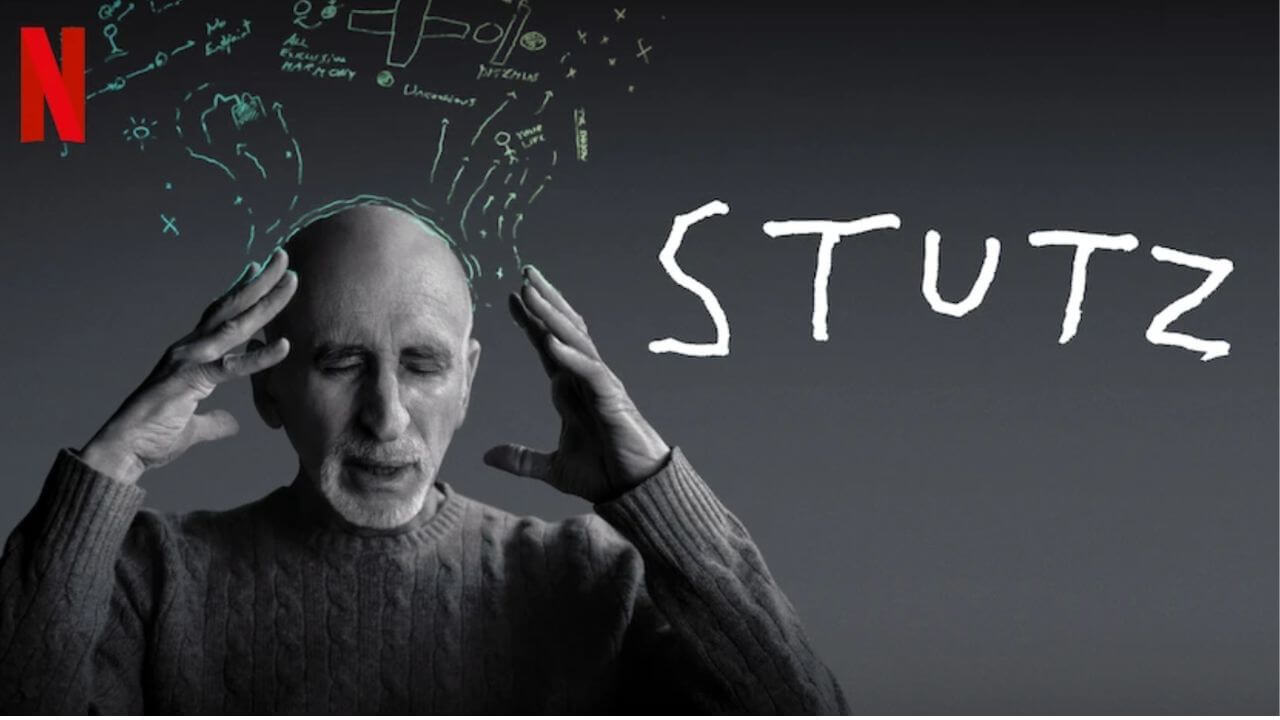Guess what people talk about most in therapy?
Relationships.
And while every relationship is different, there is one problem that applies to them all: how do you maintain a balance between what you think you want and deserve and what the other person thinks they want and deserve? Because the fact is, those things are rarely perfectly in sync.
Can you get them in sync? Yes, but it’s a balancing act. And it’s very difficult to do, so instead we set up our relationships in a way that causes conflict. We make it impossible for each person to get their needs met. You can think of this as fusion.
Fusion stems from fear, you’re afraid all the time. Typically, one person wants more closeness, they’re afraid of abandonment. The other person wants more freedom, so as a result they withdraw. Each person assumes it’s the other person’s job to make them feel safe…to bring them certainty. And so, balance becomes lost in the distance – too much, yet not enough.
We could take a lesson from the animal kingdom. There’s a term called mutualism – when two different organisms mutually benefit from the interaction. Think of the relationship between bees and flowers. Bees collect nectar for food, transferring pollen from one flower to another, which allows the flowers to reproduce. Neither the bee nor the flower has any expectations from the other; in the simplest sense, it’s of their nature.
When you’re fused, each person expects something from the interaction. And because no two humans share the same expectation, this puts you in a primitive relationship state…like two-year-olds trying to share a toy. Everything you do and feel is in reaction to what the other person says or does. You become overly responsive to each other, setting expectations that never match. That’s why we call it fusion. Because both parties are trying to solve the problem by assuming they are the same organism.
It’s possible to transcend this pattern, but it doesn’t happen on its own. Each person needs to be willing to sacrifice, and this only works if it’s done out of free will. Giving with an overflow of love – consistently and in situations you don’t necessarily think of as fair.
This is skill. No one does it naturally. Most people think sacrifice and giving is about getting ‘paid’…giving to be liked, to get what you want, to be owed in the future. And it all falls apart as soon as the other person feels they’re not being understood.
Feeling understood will not happen because you philosophically agree with the other person. Nor will you get absolute certainty that giving freely will work. That’s not the point. The point is you’re trying to trust your instincts and intuition. Being able to act on your intuition is great but you have to train yourself to take that risk all the time.
There’s a famous quote by Maya Angelou that says “…people will forget what you said, people will forget what you did, but people will never forget how you made them feel.”
This concept doesn’t just apply to others. When you’re beating yourself up, you’re too tired, it’s too much, you’re immersed in a self-critical moment, that’s precisely when you have to give to yourself. What does this look like? Pain. Uncertainty. Constant work.
Don’t worry, we’ll be talking more about that soon.
Until then.




